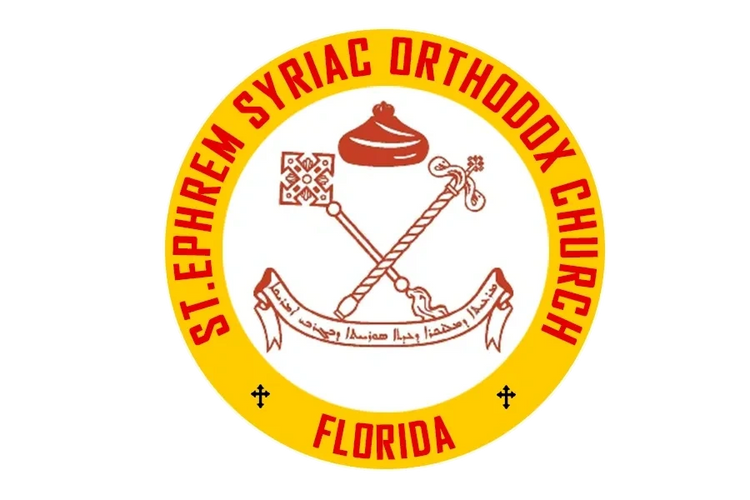

St Ephrem Syriac Orthodox Church Greater Orlando
St Ephrem Syriac Orthodox Church Greater Orlando
St Ephrem Syriac Orthodox Church Greater Orlando
St Ephrem Syriac Orthodox Church Greater Orlando
St Ephrem Syriac Orthodox Church Greater Orlando
St Ephrem Syriac Orthodox Church Greater Orlando
Feast Of St.Ephrem
DaysDays
HrsHours
MinsMinutes
SecsSeconds
Saint Ephrem the Syrian

St. Ephrem the Syrian (c. 306–373 AD), also known as St. Ephrem of Edessa, is one of the most beloved saints and teachers of the early Christian Church. Born in Nisibis (modern-day Turkey), he dedicated his life to faith, study, and service. When his hometown was taken by the Persians, he moved to Edessa, where he spent his remaining years teaching, writing, and caring for the poor.
St. Ephrem was known for his beautiful hymns and deep spirituality, earning him the title “Harp of the Holy Spirit.” He wrote hundreds of hymns, poems, and commentaries that combined theology and poetry to help people understand God’s truth and love. His writings reflect a heart filled with humility, devotion, and awe toward the mysteries of God. He also showed great love for the Virgin Mary and often praised her faith and purity in his hymns.
Though highly respected as a teacher and theologian, St. Ephrem remained a humble deacon throughout his life, devoted to prayer and service. During a severe famine and plague in Edessa, he cared for the sick and hungry until his death in 373 AD.
Today, St. Ephrem is honored across the Christian world and recognized as a Doctor of the Church for his wisdom and holiness. His feast is celebrated on June 9 in the Western Church and January 28 in the Eastern and Syriac traditions. His life and writings continue to inspire believers to grow in faith, humility, and love for God.
At our church, we honor St. Ephrem the Syrian as a shining example of faith, service, and devotion—a true model for living a life guided by the Holy Spirit and filled with love for Christ and His Church.
Copyright © 2026 www.stephremorlando.org - All Rights Reserved.| Site Designed and Maintained by Sony Sabu